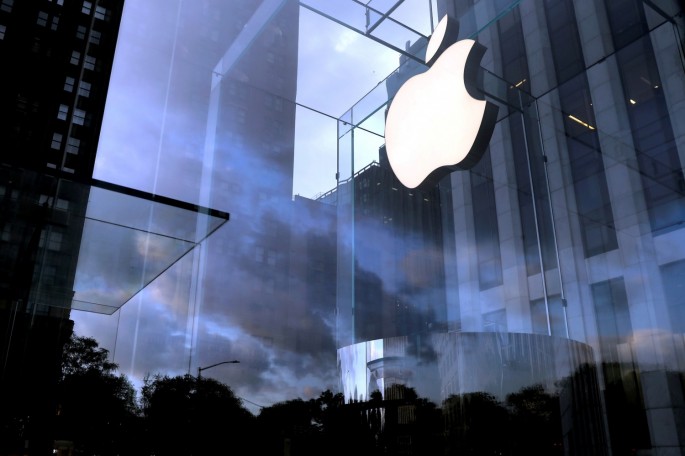Apple Inc unveiled the iPhone 13 and a new iPad mini on Tuesday, expanding 5G connectivity and showing off faster chips and sharper cameras.
While the Cupertino, California-based company did not announce any blockbuster features or products, analysts expect customers hanging onto older models like the iPhone X will be eager to upgrade.
The iPhone 13 will have a new chip called the A15 Bionic that will power features like automatically detecting when the phone's camera is pointed at text. Apple said the iPhone 13 will have custom 5G antennas and radio components for faster speeds and will come in five colors.
The phone will start at $699, and participating wireless carriers will offer up to $700 off for qualifying trade-ins. The iPhone 13 Pro starts at $999 and the Pro Max starts at $1,099, with trade-in offers of up to $1,000. All three models will be available Sept. 24.
"The competition is still playing catchup to our chips - not just from last year, but even from two years ago," said Kaiann Drance, an Apple iPhone marketing executive.
The Series 7 smart watch will feature a larger display and faster charging. It will start at $399 and be available later this autumn.
The company also updated its iPad Mini with 5G connectivity and a reworked design that makes it look like the higher-end iPad Air and Pro models. Apple also updated its base-model iPad with a new camera for working and learning from home. The base model iPad starts at $329, and the Mini starts at $499. Both will be available next week.
Apple shares were down 0.5%, in-line with a slight downturn in broader markets.
"It seems like there's nothing really revolutionary announced, but of course, as usual, they announced enough improvements to at least generate some enthusiasm among consumers," said Rick Meckler, partner at family investment office Cherry Lane Investments.
Apple last year introduced its iPhone 12, which featured a new look and its first devices with 5G connectivity. This year, analyst expect modest hardware upgrades and a deeper focus on 5G.
In particular, carriers such as AT&T Inc, Verizon Communications and T-Mobile that have significantly built out their networks since the start of this year are likely to offer new incentives around the devices that can take advantage of the faster speeds those networks can offer, said Ben Bajarin, head of consumer technologies at Creative Strategies.
"There seems to be way more (5G network capacity) than was in place even six months ago," Bajarin said. "They want people upgrading. They're going to be really aggressive."
Apple's biggest product launch of the year comes as some of the shine has come off its stock as business practices such as charging software developers commissions on in-app payments have come under regulatory scrutiny.
Apple shares were up about 15.6% year to date, trailing the Nasdaq Composite Index, which was up nearly 19% over the same period.
Kim Forrest, founder and chief investment officer at Bokeh Capital, said she was not concerned by the lack of splashy, unexpected products, since Apple's upgrades would keep customers. "I think the consumer, once it gets the Apple chip in its head, it's very hard to dislodge," she said.
The Apple Watch has become a cornerstone of its $30.6 billion accessories segment, which was up 25% in Apple's most recent fiscal year even as its iPhone revenue declined slightly. Analysts widely believe that Apple users who buy more than one product - such as an Apple Watch and iPhone - are more likely to stick with the brand and spend on the company's apps and services.
Apple focused on fitness features such as improving how the watch tracks bicycling workouts and dust protection for hiking. The watch is paired tightly with Apple Fitness+, a paid service offering guided workouts with Apple instructors. The company added pilates and skiing-oriented workouts, and a group workouts function designed to let users work out together. The company also bundled three months of free service with its watch devices.
Shares of exercise bike and online training company Peloton were down about 1.6%.
"It's the one service they offer where you literally have to have this product or you can't use this service," Bajarin said.



























